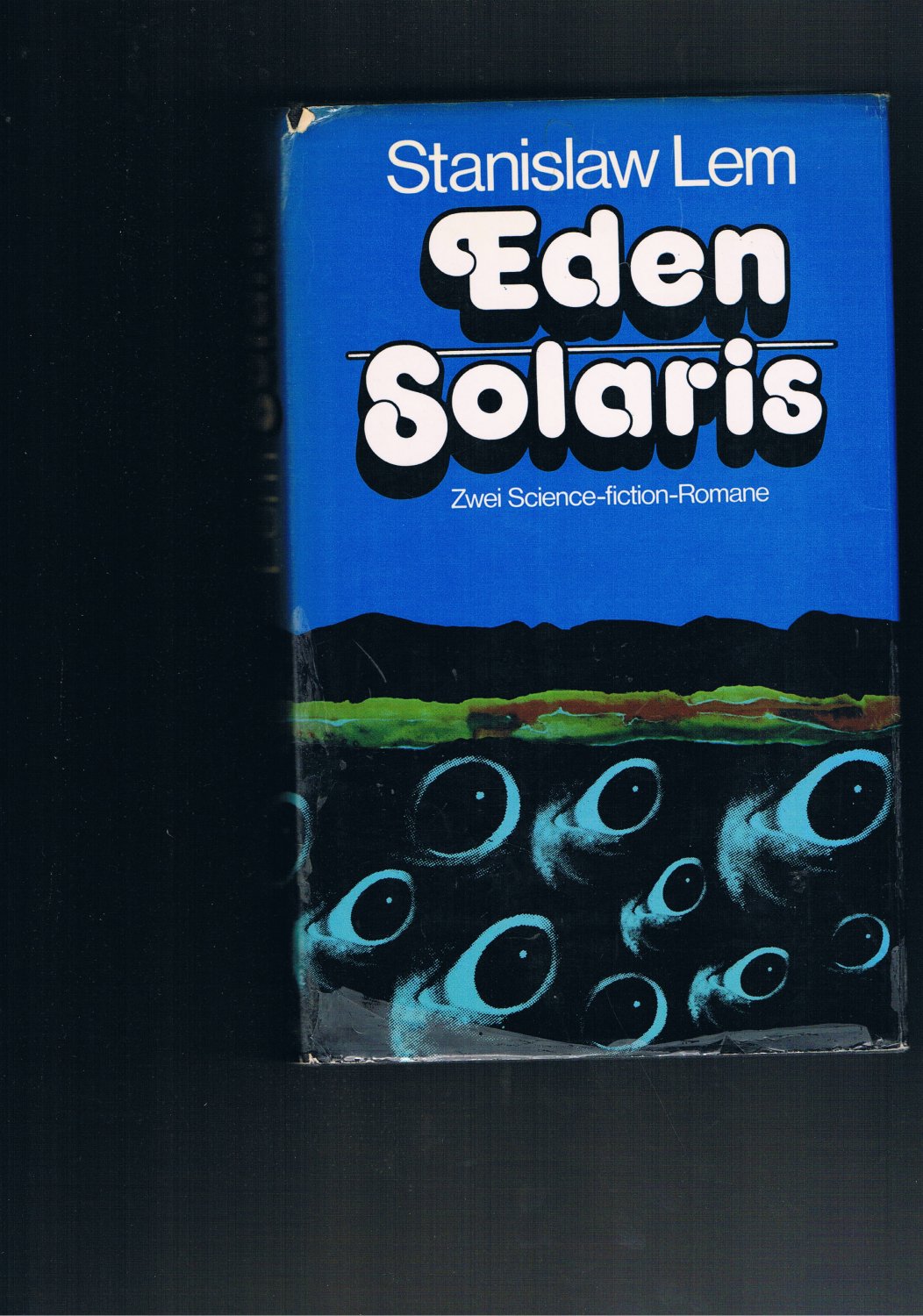

The God of the Old Testament, for instance, was a hothead who craved servility and was jealous of other gods. How do you mean? In a certain sense the god of every religion was defective, because he was encumbered with human qualities, only magnified.

His reasons why we “need” a “defective god” partly hung on the putative fact that traditional gods, including the Judeo-Christian God of the Bible won’t do. In particular, his whole discussion on a “defective god” at the end is weak. I think he wanes most went attempting theology.

Lem is very good at articulating and thinking through the psychological, ontological and metaphysical issues. Lem brings you on the journey through the use of the world and the Solaris-people from our dreams. Now, this may sound boring and, oh so introspective. Lem makes palpable the struggle these characters undergo. The author places you in the midst of the confusion, options and questions raised by Kris and his companions. The novel takes you on an incredible journey investigating these issues while arriving at no obvious destination. He uses this world to deal with perennially issues of love, trust, purpose and objective reality. Lem builds this world where we cannot directly communicate with the alien, we cannot fully trust and communicate with each other we don’t even fully trust ourselves and our own sanity. For the protagonist, Kris, this means he meets his deceased wife. This creature could somehow plumb the depths of the minds of the inhabitants of the station on Solaris and take their deepest sin, realized or simply desired, and personify it to them. It can form objects, the equivalent of whole cities very quickly.

It’s hard to talk about Solaris whilst avoiding spoilers let’s summarize it this way – there is an alien life form that appears to be a volatile, usually liquid form of an ocean that lives on planet Solaris. I can’t tell you how great the translation is but I can say it’s well written, especially the dialog. The version I read was translated in 2011 by Bill Johnston (the previous translation was a translation of a translation, typically not good). Stanislaw Lem’s Solaris provides a multi-faceted look into the human psyche, our desires and failures, human sin and hubris, goals and hopes through confronting an utterly “other” alien.


 0 kommentar(er)
0 kommentar(er)
